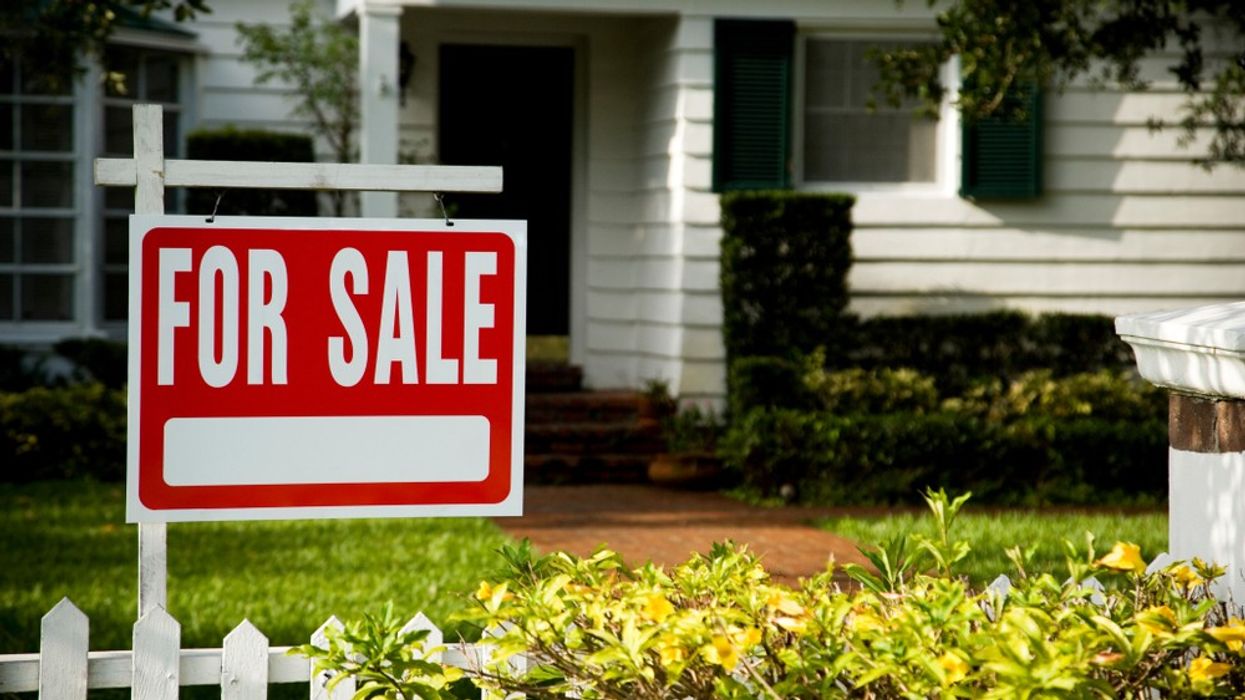It’s a term that’s been bandied about a great deal in recent months as aspiring home buyers squared off with one another to acquire properties in a soaring residential real estate market. Now that markets are a little less overheated, it’s a good time to take a step back and consider what’s actually going on.
It sounds vaguely nefarious, but bidding blind is a long-established practice governed by clear rules. Here’s how it works: Each party submits their best offer with no information other than the number of competing bidders. The only tricky part can come when bidders are allowed to “improve” their bids, with no additional insight. Not surprisingly, that data vacuum can lead to buyers’ concern that they may be bidding against themselves.
It’s not the first time this issue has surfaced. In 2019, the Ontario government was pushed to consider some possible amendments to the Trust in Real Estate Service Act. So far, however, this initiative has yet to reach even the consultation phase. The last time these regulations were reviewed, it took five years over two levels of government to determine any revisions.
READ: Great Expectations: Realigning a Real-Estate Business Post-COVID
While that grinds forward, there are a few things about blind bids to bear in mind.
The root of the issue is an acute supply shortage in the face of strong, post-pandemic demand. The implication – usually starting with disappointed bidders - is that blind bidding causes higher prices. In fact, it’s strictly a matter of tight supply.
Furthermore, in Australia and New Zealand, where open auctions are the rule rather than the exception for home sales, prices have risen in the same range as in Canada. According to the Knight Frank Global House Price Index, in the first quarter of 2021, average Canadian home prices are up 10.8% year over year. That compares with 8.3% in Australia and 22.1% in New Zealand, indicating no real price difference between open auctions and blind bids.
As anyone who follows the art world can vouch, art auctions are the ultimate testing ground for the balance of supply and demand. In a matter of 20 minutes in 2017, Christie’s Auction House, with which our Chestnut Park partner firm is affiliated, led the auction of the Salvador Mundi, a painting by Leonardo da Vinci, from an opening price of US$70 million to US$450.3 million. The reason was simple: there is only one in existence and the ultimate purchaser wanted it more than anyone else in the world. In other words, it was a case of good old-fashioned supply and demand.
In real estate transactions, there are guardrails against the kind of price increases experienced in art auctions, other than in very rare exceptions. Even well-heeled buyers, after all, have affordability limits, and if financing is involved, the property needs to fall into some reasonable appraisal range to qualify for a mortgage.
While attention typically focuses on the buyer, it takes two for a transaction to take place. Remember that for most homeowners, their homes are their most significant life asset, and should they not be afforded the opportunity to sell their property for the highest price available in the market?
Most homeowners choose to hire a professional real estate agent who has a fiduciary duty to represent their interests and to advise them through the process. However, homeowners are perfectly allowed to sell their properties in any way they wish. They can post a “for sale” sign on Craigslist, put a flyer on a telephone pole or conduct a full auction. By way of example, the owners of a luxury home in Kelowna , B.C. valued at $6.5 million, just announced that they will conduct a four-day auction to sell it, starting August 16.
The advice of a trusted agent is invaluable to both buyer and seller. Agents are experienced in bidding and well equipped to help their clients navigate the shoals of a competitive process. They want you to be happy and they want you to recommend their services to others. It’s entirely in their interests to align with yours – as they are professionally committed to do.
Also bear in mind that searching for a home, whether it’s for an individual or a family, is a very personal journey. It’s not just the single, largest investment most people ever make, but it also entails some genuine soul-searching. What matters most to you about where and how you choose to live, says a great deal about who you are or who you aspire to be.
Agents are integral to this very personal process and typically build strong, trusting client relationships along the way. As a result, when a client is disappointed or frustrated, as so many have been in recent months, agents share at least some of the pain.
There is risk attached to any transaction – large or small. Being informed, being prepared and getting professional guidance are usually the best ways to protect yourself whether you are bidding blind, at auction, or on Craigslist.
This article was produced in partnership with STOREYS Custom Studio.





















